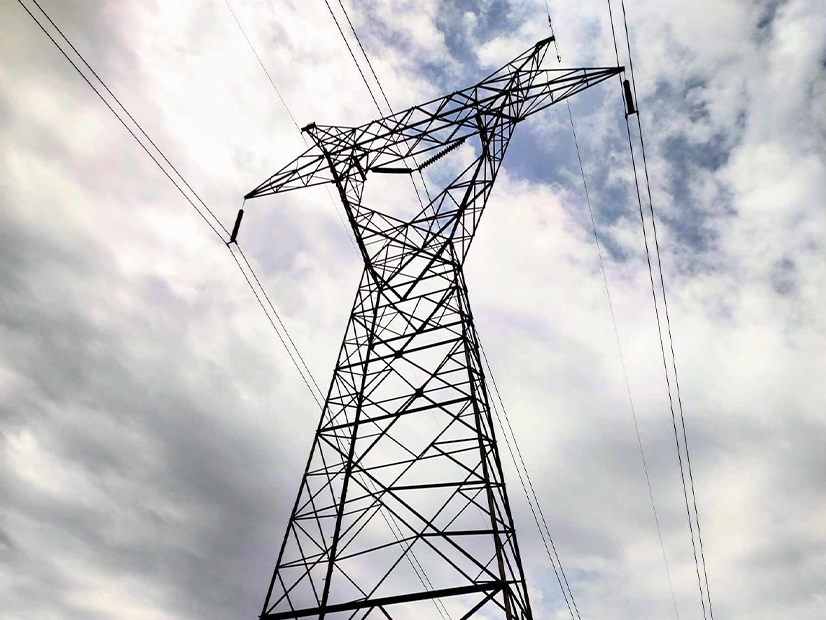Renewable energy advocates filed a protest with FERC Thursday arguing that NYISO’s proposal to facilitate participation of distributed energy resource aggregations in its market would discriminate against smaller aggregations (ER23-2040).
The protest by Advanced Energy United (AEU) and the Advanced Energy Management Alliance (AEMA) comes after NYISO’s response to a FERC deficiency notice asking the ISO to clarify several aspects of its proposals to comply with Order 2222, which requires RTOs and ISOs to design rules giving aggregations market access. The complaints align closely with previous protests by the two groups.
In the protest, the groups argued NYISO failed to justify its 10-kW minimum requirement for DER aggregation participation. They also contended the ISO’s plan to restrict single resource type aggregations from using metering service entities is illogical and its requirement that demand response resources submit cost-basis data is impossible to fulfill because that data doesn’t exist.
AEU and AEMA focused particularly on the 10-kW rule, maintaining the requirement doesn’t “withstand scrutiny” and basing the DER aggregation minimum participation model on historical emergency demand response and special case resource programs is inappropriate because the “resource types and sizes are different.”
The two organizations also questioned NYISO’s administrative reasons for limiting DER participation, arguing that if the ISO thought it would be burdensome to register all types of DERs then it should either hire more staff or ask FERC for a limited waiver to give it more time to review smaller DER aggregations.
AEU and AEMA also criticized NYISO’s failure to propose an end date for its 10-kW requirement, which they said violates the objectives of Order 2222.
The groups asked the commission to reject NYISO’s proposals, saying the ISO’s response to FERC’s deficiency notice fails to adequately explain or justify the shortcomings the commission identified.
In addressing FERC’s letter last month, the ISO stuck to its previous arguments, claiming it did not have the bandwidth to allow all resources to immediately participate and saying any further delays would hinder implementation of its DER aggregation plans and potentially disrupt its demand response programs. (See FERC Seeks More Info on NYISO DER Aggregation Proposal.)
NYISO’s response did confirm it expects to complete its DER aggregation software development by Sept. 1 and aims to implement its participation model shortly after.
FERC must respond to NYISO’s deficiency letter within 60 days.

